We’ve all encountered this situation. Someone is talking to us and we’re not really listening. We’re thinking about what we’re going to say next, or how we’re going to respond. Maybe we’re even checking our phone or looking around the room. How can you make changes to become a good listener?
What is a good listener?
But being a good listener is important. It shows that we respect the person who is speaking and that we care about them. And it can help us learn more and better understand the person’s perspective. Listening attentively is one of the most important habits you can develop in your life. It’s a key communication skill that can make a big difference in your relationships, work, and overall wellbeing.
Good listeners are patient, attentive, and open-minded. They’re able to set aside their own biases and preconceptions to really hear what someone else is saying. This can be a challenge, but it’s worth it to cultivate this skill. There are many benefits to being a good listener. For one, it strengthens relationships by fostering communication and understanding. It also allows you to gather accurate information and make better informed decisions.
The 5 Simple Habits of a Good Listener
Developing these habits takes practice, but it’s worth it to improve your communication skills and overall wellbeing. So how can we be better listeners? Here are five simple habits of good listeners:
- Put away distractions.
- Make eye contact.
- Listen without judging.
- Ask questions.
- Repeat back what you’ve heard (subtly).
Put away distractions

If you find yourself frequently struggling to pay attention during conversations, it may be time to take a step back and assess your habits. Do you find yourself scrolling through your phone or looking around the room when someone else is talking? These are common habits that can severely hinder communication.
When we are not present and fully engaged in a conversation, the other person can feel devalued and unimportant. This can lead to tension and the other person feeling undervalued, this can ultimately damage relationships. If you want to improve your communication skills, it’s important to learn how to be an attentive listener. This starts with putting away distractions!
If you’re constantly checking your phone or fidgeting, it shows that you’re not really listening to the other person. This can be frustrating for them and makes it difficult to have a productive conversation. Pay attention to your body language and try to stay focused on the conversation at hand.
Make eye contact

When you’re talking to someone, making eye contact is important. It shows that you’re interested in the conversation and that you’re listening to what the other person has to say. If you’re not used to making eye contact, it can be tough to start. But it’s worth it! Good eye contact habits show that you’re interested and engaged in the conversation.
For some people, making eye contact can be difficult. But even if you can’t do it all the time, try to make eye contact occasionally during the conversation. Next time you’re speaking with someone, try to make a habit of looking them in the eye when you’re talking to them. It might feel awkward at first, but it will become second nature with practice. Eventually it will become habitual.
Listen without judgment

It’s a habit of ours to judge others based on initial impressions and preconceptions. Though this is normal, it can often get in the way of truly understanding someone. If we’re constantly judging others, we’re not really listening to them. We’re only hearing what we want to hear.
One of the hardest things to do in life is to try not to be so judgemental. We are constantly bombarded with images and messages that tell us to judge people – on their looks, their intelligence, their abilities, and even their character. It can be hard to break out of this habit, but it is possible. As a starting point, we need to be more aware of your own preconceptions and biases. We all have them – we may not like to admit it, but we all have our own preconceptions and biases. It’s important to be aware of these so that we can try to counter them when we find ourselves judging others.
In order to truly listen to someone, we need to let go of our habit of judging. Instead, we need to adopt a habit of listening without judgment. We need to be open-minded and understand that everyone is different. We are all entitled to our own views and beliefs, and it is only natural that on a planet with 7 billion inhabitants, sometimes our views will differ. Only once we understand that can we start to build strong relationships with others.
Ask questions

One habit that can help you show interest in others and keep conversation flowing is to ask questions. This communicates to the other person that you are fully listening to them and care about what they have to say. Questions can also be used to keep a conversation going. If you feel like the conversation is starting to lull, asking a question can help keep things interesting. Asking questions can also help you learn more about the person you are talking to and their interests.
Asking questions to the person you are speaking to will make it clear that you are interested in what they have to say and want to learn more. Everyone loves to speak about themselves, their interests, their passions, and their opinions. By showing interest in what they have to say, you are sure to make a lasting impression.
Repeating back what you’ve heard (subtly)

One habit to adopt to show you are a good listener is to repeat back segments of the conversation. This will show the person that you are listening and understand what they are saying. Additionally, repeating back segments of a conversation can help to solidify the information in your own mind, making it easier to remember. Repeating back segments of a conversation can also help to keep the conversation flowing smoothly. If you habitually do this, it will become second nature and will come naturally in any conversation.
Whether you are trying to build rapport with a new client or showing your boss that you are engaged in a meeting, this technique can help you to stand out and make a good impression.
Conclusion

Listening is a skill that can be learned and improved upon. By following the tips we’ve outlined in this blog post, you can become a better listener and improve your relationships with others. Start by making a conscious effort to focus on the person who is speaking to you. Pay attention to their words and try not to think about anything else. Paraphrase what you’ve heard them say back to them to show that you are listening carefully. Ask questions if you don’t understand something, and give the speaker your full attention.
When it comes time for you to speak, take a deep breath and pause before responding. These small changes can make a big difference in how others perceive you as a listener. How will you put these tips into practice?

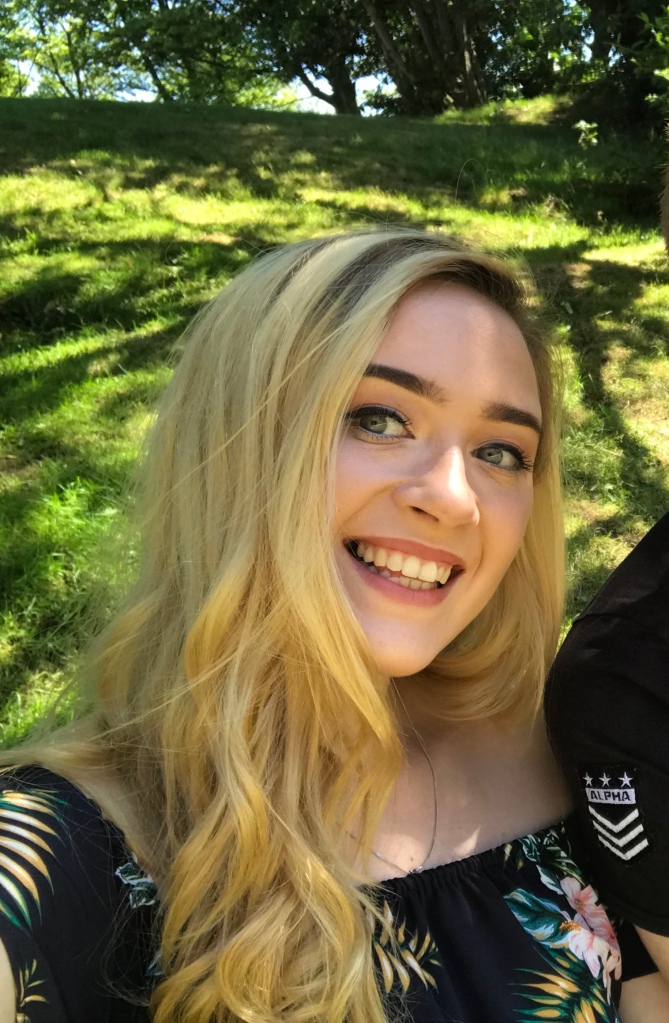
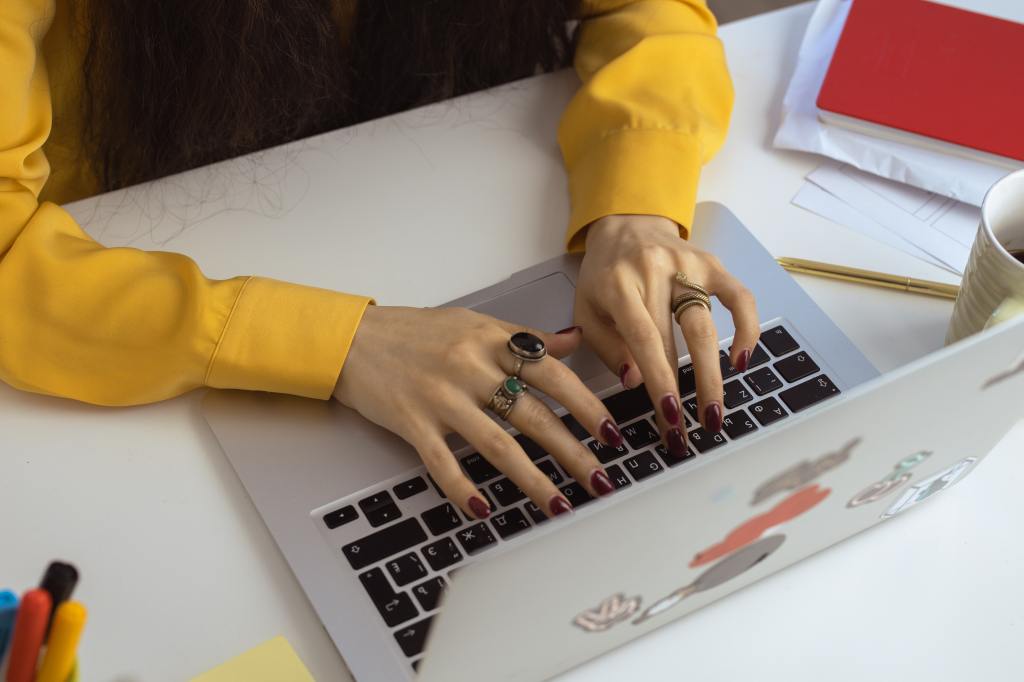
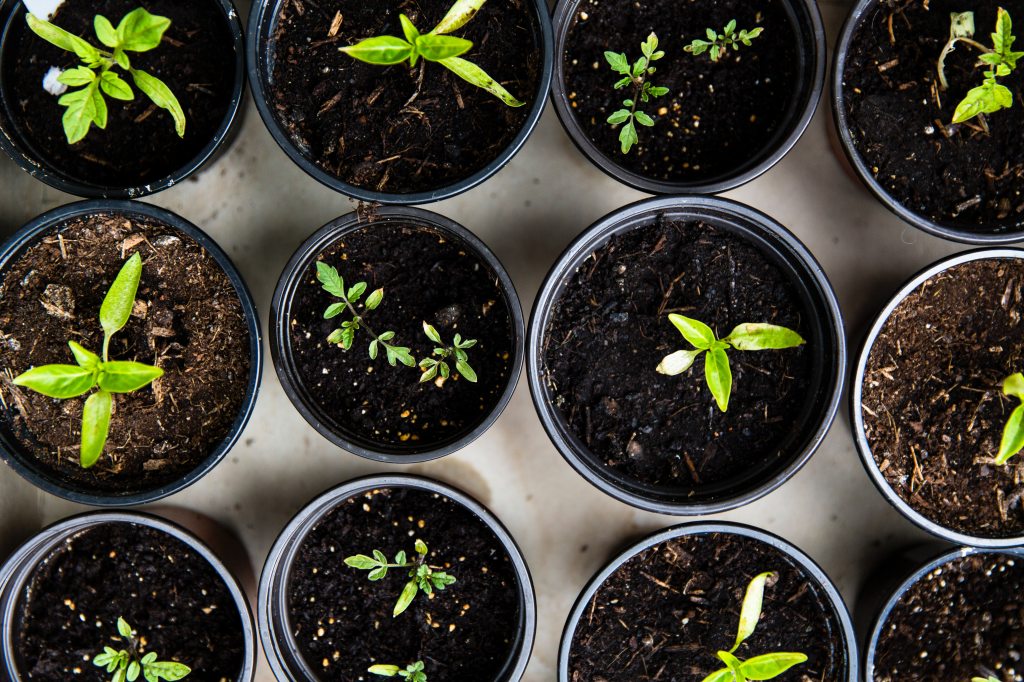

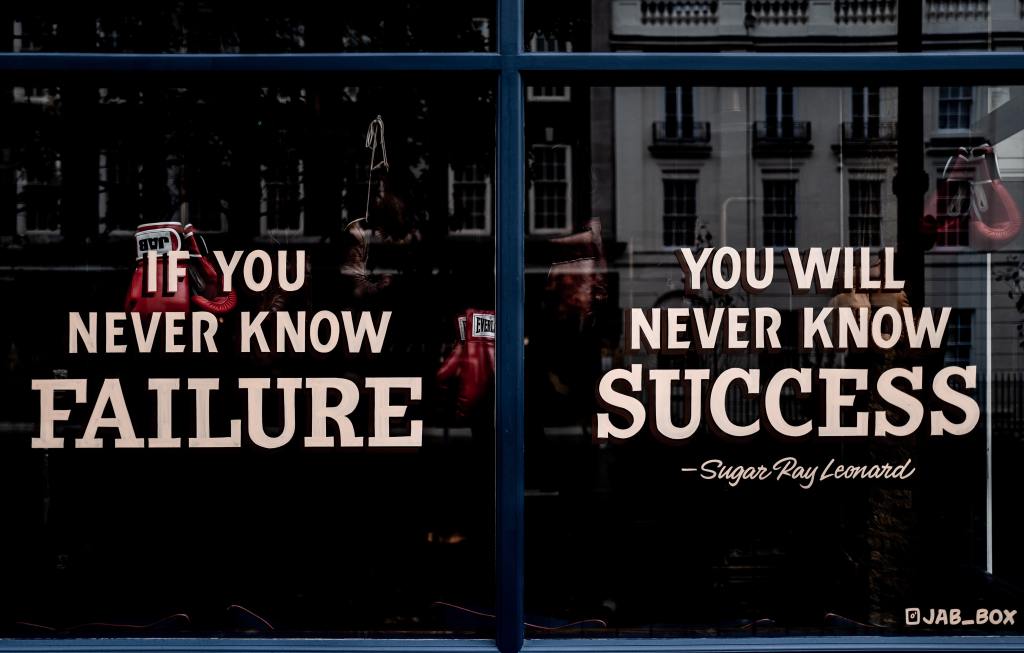
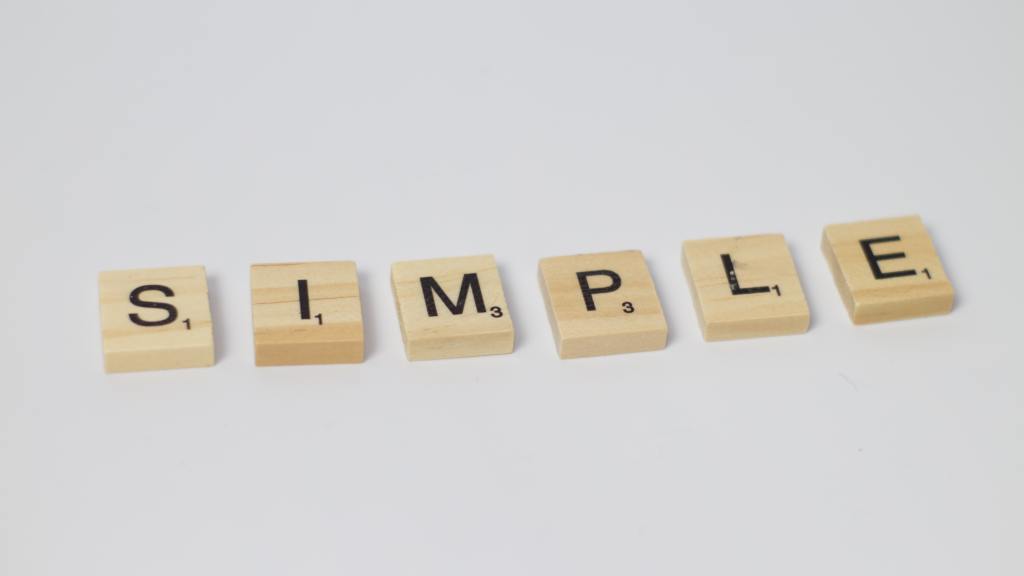

Leave a comment